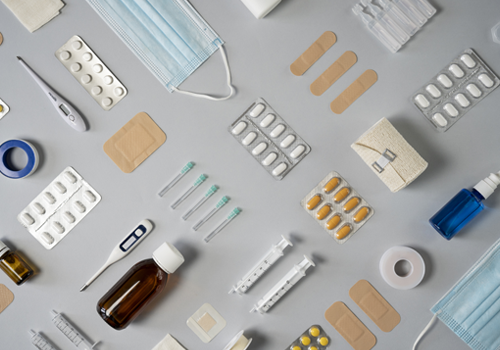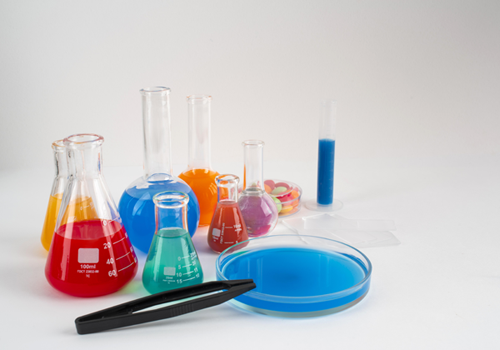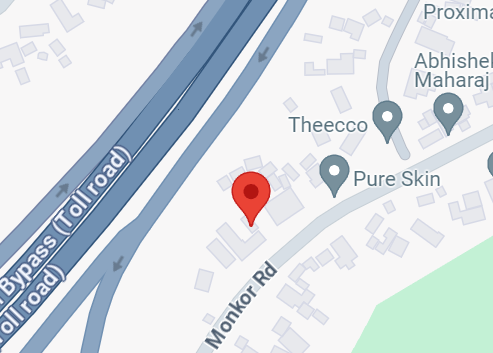
Greetings from
Freyr South Africa
To enter South Africa, foreign medicines and medical device manufacturers must comply with the regulations formed by the South African Health Products Regulatory Authority (SAHPRA) [formerly known as MCC]. However, with a recent legislation to form a new regulatory agency, the SAHPRA for regulating drugs, biologics, medical devices, in vitro diagnostics, and complementary medicinal products, food, and cosmetics might create some procedural challenges for manufacturers to go for registrations and obtain necessary approvals.
Addressing the manufacturers' growing concerns over the new Regulatory agency and it's procedures for successful registrations and approvals, Freyr as an exclusive global Regulatory partner offers exclusive Regulatory affairs consulting services. Freyr’s Regulatory services in South Africa span across:
Industries We Serve in South Africa

South African market for Pharmaceuticals is evolving swiftly, due credit given to the South African Health Products Regulatory Authority’s (SAHPRA’s) aim to accelerate drug registration process. A medicinal product needs approval from the SAHPRA for distribution or marketing for Human or Veterinary use in South Africa. Apart from the agency’s unique Regulatory requirements for the submissions of initial, post-approval and life cycle management information, the country’s dynamic Regulatory landscape might make it challenging for new market entrants to explore the market.

South Africa is among the most advanced nations on the African continent and offers a good demand for the import of health supplements. The products are governed by the South African Health Products Regulatory Authority (SAHPRA). The Self-medication Manufacturers Association of South Africa (SMASA) represents and supports companies involved in the manufacturing, sales, distribution, and consultation of healthcare products (including over-the-counter [OTC] and complementary medicines). The Department of Agriculture, Forestry, and Fisheries (DAFF) regulates the safety and quality of agricultural and animal products. The National Department of Health requires all foodstuffs to be safe for human consumption as per the Foodstuffs, Cosmetics, and Disinfectant (FCD) Act, 1972. The act addresses the manufacture, labeling, sales, and importation of foodstuffs.

In South Africa, disinfectants and germicides used on inanimate surfaces in low-risk areas within houses, public venues (schools and restaurants), health institutions, health professional consulting rooms, and clinics are controlled under the ambit of the FCD Act and fall within the mandate of the Directorate: Environmental Health within the Department of Health. These products must comply with the requirements of the “Compulsory specification for chemical disinfectants VC8054” as set out by the National Regulator for Compulsory Specifications (NRCS), the Trade Metrology Act, 1973 (Act 77 of 1973) as well as all relevant SANS standards. Along with disinfectants and chemicals, detergent/cleaning products are regulated under different acts and regulations that enforce manufacturers to comply with certain standards and acts to ensure product safety.
Freyr Offerings
- Strategic Regulatory Consulting
- Regulatory Affairs & Regulatory intelligence
- Registration pathways and license management services
- End-to-end operational support
- Complete Life Cycle approach to CTD / eCTD dossier compilation and Publishing
- Dossier preparation, review and management
- Regulatory Submissions eCTD/CTD, NeeS
- Medical Writing
Freyr Advantages
- Strategic local Health Authority contacts – with Ministry of Health
- Expert Regulatory team with proven global RA expertise
- Proactive and Collaborative approach
- Quick turnarounds and faster time-to-market
- Keeping abreast with region-specific legislation and Regulatory guidelines

